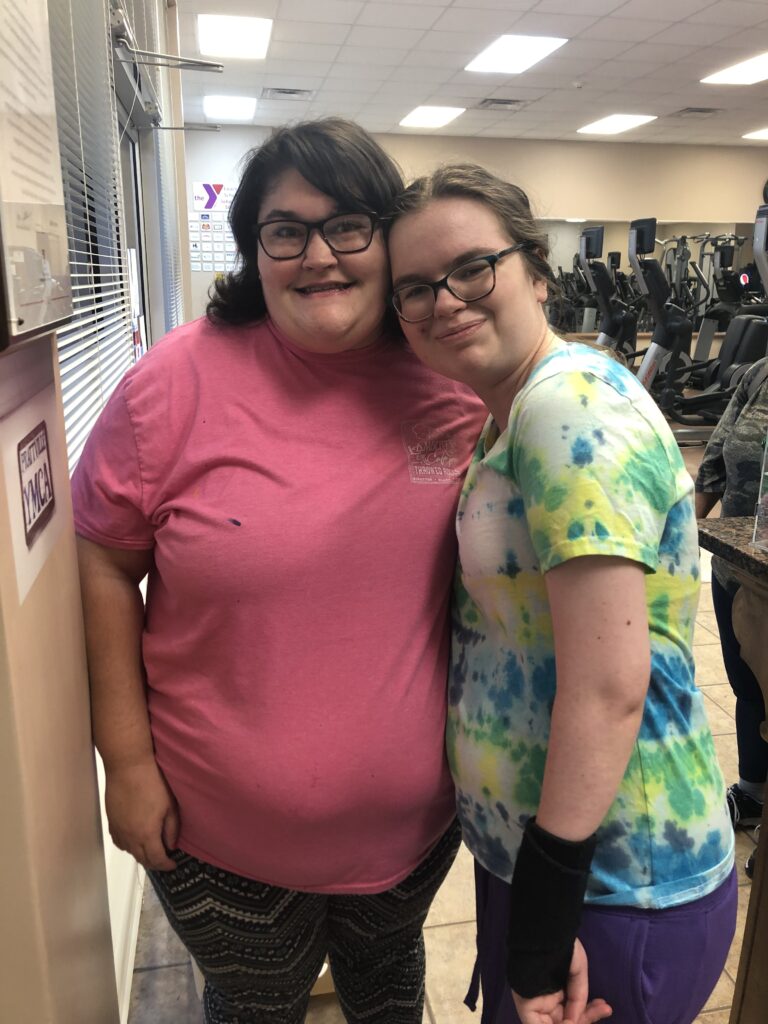
Previously named Autism Awareness Month, as of 2021 the month of April has been renamed Autism Acceptance Month. It aims to celebrate and promote acceptance for the condition that has increased from one in 125 children in the United States in 2010 to one in every 54 children in 2020, according to AutismSociety.org.
Autism is very common, up there with cancer and diabetes. More than two hundred thousand cases are diagnosed every year. Interestingly, boys are four times more likely to be diagnosed with autism than girls. I have met two campers with autism at Camp ASCCA, both are girls, and one of them has become a good friend. She has inspired me to research and ask her questions to learn more about autism.
Autism is a complex developmental condition affecting a person’s ability to interact, communicate, and progress. The word “autism” comes from the Greek word “autos” meaning self, so the literal meaning of Autism is “alone.”
Studies show that the cause of autism is disruptions in normal brain growth early in development, according to the National Institute of Neurological Disorders and Stroke at NINDS.NIH.gov. Although autism has no known cure, various treatments and techniques help reduce symptoms.
Autism has different subtypes, such as Rett syndrome, Asperger’s syndrome, and Kanner’s syndrome, with a range of symptoms. These symptoms usually become apparent about the age of 12 to 18 months, but they become more clear as the child ages. No matter the subtype, each child with autism has different skills, challenges, and needs.
My friend, Smantha, who has agreed to be interviewed for my blog article, was first diagnosed when she was about 5 or 6 years old. She is now 29 years old. She says that she has noticed an improved difference in the last 20-plus years in how people have changed regarding their awareness and acceptance of autism.
“It is more talked about everywhere now,” Smantha said. As a result, she says she is more accepted than she used to be. “People embrace me in spite of my special abilities.”
One aspect of autism is being over-stimulated or stressed. Fidget spinners are popular for autistic children to help relieve stress and filter distractions so they can concentrate. Smantha listens to music as a technique to help her calm down and relax when necessary.
To really understand autism, it is essential to listen to and value what autistic people say about their experiences. When asked what she wishes people knew about autism, Smantha said, “People with autism, regardless of what end of the spectrum they are on, are very intelligent and detail-oriented.”
Smantha has used her detail-oriented organization skills to help coordinate events and fundraisers, such as last year’s Christmas Toy Drive for foster children in her county’s Department of Human Resources. She plans another toy drive this coming Christmas.
When asked what advice she would give to parents of children who may be recently diagnosed with autism, Smantha said: “Expect comments like, ‘I’m sorry,’ ‘he or she doesn’t look autistic,’ ‘they will grow out of it,’ ‘God gave them to you for a reason,’ and ‘it gets easier.’ Basically, they (society) have no knowledge or understanding.”
I want to thank Smantha for sharing her experiences with me.
There are many things you can do to contribute to Autism Acceptance Month by spreading knowledge and increasing understanding. For example, you can find local organizations and events, participate in them with your children and grandchildren, and donate to autism organizations. You can even do something as simple as reading books about autism to your children. The more we talk about autism, the more we will understand and accept people like Smantha and possibly discover a new friend in the process.
Click here for a great article about how to design your home for individuals with Autism Spectrum Disorder.

Located in Alabama on Lake Martin, Camp ASCCA offers campers a wide variety of traditional recreational and educational activities with a unique design for accessibility.

Sign up for our eNewsletter to keep up with events and happenings at Camp ASCCA!